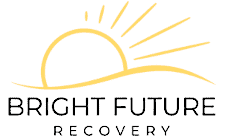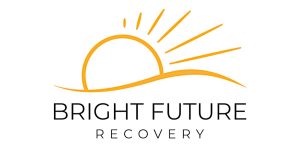
Bright Future Recovery serves Northern and Central California with evidence-based, whole person and affordable addiction rehab services associated with alcohol and drug abuse. We are happy to share valuable addiction recovery information.
Questions about Drug and Alcohol Abuse and Recovery?
Call Bright Future Recovery at (831) 245-1623 for a Confidential Consultation. We Can Help.
Dry Drunk
Anytime someone breaks their addiction to alcohol and becomes sober, there is a reason for optimism and hope for their future. Up until that point, life was likely distressing and unpredictable for both the drinker and his or her loved ones. So, it naturally follows that by stopping drinking, life for everyone around the person will improve. However, that isn’t always true.
Sobriety isn’t the same as recovery. For someone to be in genuine recovery, it means they not only stop drinking – but also they actively engage in a program of recovery that addresses the reasons and causes that they became an alcoholic in the first place. Failing that, the individual may be able to stay sober, but they won’t progress in the healing of underlying issues that caused them to drink. They get stuck where they are. And their lives are not as happy and fulfilling as they could be. People in that situation can be called dry drunks.
What is Dry Drunk Syndrome?
The term dry drunk originated in the rooms of 12-step recovery groups. It is someone who no longer drinks alcohol but behaves as though they were still in the throes of their alcoholism. Usually, a dry drunk still has all the resentment and anger they did when they were actively drinking. Essentially, the only real change the person has made is that they stopped drinking alcohol. In other aspects, they remain much the same as when they were drinking. Friends and family members may express that it’s just as upsetting to be around the person as it was before they stopped drinking. A dry drunk may not be drinking, but he or she has failed to find the happiness and hope that recovery can bring.
Why Do Some Alcoholics Become Dry Drunk?
When someone becomes addicted to alcohol, it’s usually because they simply cannot deal with their life without it. Alcohol becomes their way to cope with challenges because they haven’t learned healthy coping skills. Drinking allows them to numb or escape feelings so they don’t have to deal with unpleasant situations, people, or other difficulties in life. Instead of learning to comfort themselves in healthy ways, they only find comfort in escaping pain and hardships by drinking. They may become aware that drinking is causing more problems than it is fixing and know that they need to stop. However, even if they can escape the hold that alcohol has on them, they will only return to the same negative state they were in before they started abusing alcohol.
Recovery from alcoholism must be a new way of living, not just an abstinent return to how it was before addiction. If life was intolerable without alcohol before, it will still be intolerable when a person stops drinking if they don’t deal with their underlying issues – and now they have no coping skills to rely on.
A person becomes a dry drunk when they don’t have the capacity to change, or they are simply not willing to do what’s needed. Recovery, whether through rehab or support groups, teaches individuals new coping skills. However, if they don’t use them, it’s not really recovery, it’s just not drinking. The dry drunk is still trying to deal with life with flawed or nonexistent coping strategies, those that led them to alcoholism in the first place.
What Are the Symptoms of a Dry Drunk?
There are some common symptoms that dry drunks typically share. It’s important to remember that everyone has bad days and situational moods. So, having one or more of these symptoms doesn’t necessarily mean that someone is a dry drunk. It is when they exhibit some of them consistently or repeatedly:
- Demonstrating a low tolerance for stress
- Quick to getting angry or upset when things don’t go as planned
- Continuing to engage in unhealthy behaviors, often by developing a substitute addiction
- Suffering from self-pity, believing the world is against them, while refusing to make positive changes
- Engaging in unethical or immoral behavior like they did during active addiction
- Overly confident in their abstinence, causing them to not seek or accept help
- Living in denial that anything is wrong
- Isolating or disengaging like people in active alcoholism
- Glamorizing or romanticizing their past drinking, focusing on the good times they had and not the consequences of their actions
How to Avoid Becoming a Dry Drunk
If you are in recovery from an addiction to alcohol and you don’t want to become a dry drunk, it’s critical that you recognize that recovery is an ongoing process that takes time and attention. It’s likely that you will have to remain vigilant for the rest of your life. Staying abstinent isn’t enough. You have to stay engaged in a program of recovery where you learn how to deal with life’s hardships with healthy coping skills. In other words, you have to find a new way to live.
Recovery is a commitment that requires a willingness to change. While the process may slow down after many years, it is something that has to continue to be nurtured to continue to be effective. If you start to recognize some of the symptoms of dry drunk syndrome, then you need to seek help to remedy the problem.
Just like alcoholism is treatable, so is dry drunk syndrome. Help for dry drunk syndrome sometimes means re-engaging in a 12-step program or other addiction support group, seeking individual or group therapy, or getting help for underlying psychiatric conditions. Doing so will allow you to grow emotionally, mentally, and spiritually, which is what you need to pave the way for real progress in recovery.
Hope is definitely within reach for the dry drunk. The first step to recovery is abstaining from alcohol, and they have already done that. Getting help and working a program of recovery is what needs to be followed.

Bright Future Recovery serves Northern and Central California with evidence-based, whole person and affordable addiction rehab services associated with alcohol and drug abuse. We are happy to share valuable addiction recovery information.
Questions about Drug and Alcohol Abuse and Recovery?
Call Bright Future Recovery at (831) 245-1623 for a Confidential Consultation. We Can Help.







